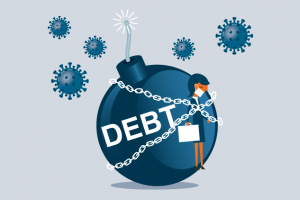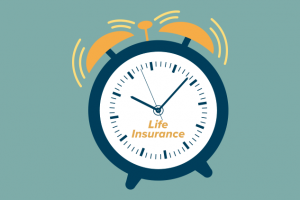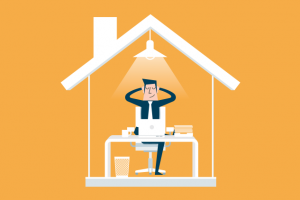As many Americans wonder how they can pay off their debts in the wake of COVID-19, this pandemic has highlighted the importance of educating ourselves on what happens to student loans in a financial crisis. With college’s ballooning costs, 14.4% of adults holding some form of college debt and 54% of current college attendees taking out loans to pay for school, it’s become increasingly important to have a plan for paying off your student loans as soon as possible.
If you are a student loan borrower and you’re wondering what relief is available in a financial crisis like this current national emergency, as well as under normal circumstances, we outline some of the resources you should be aware of below.
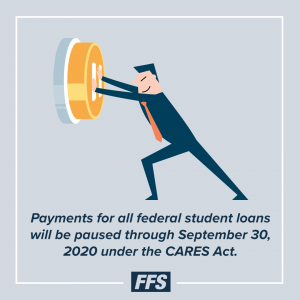 Student Loan Relief for COVID-19
Student Loan Relief for COVID-19
With $1.41 trillion in student debt across America, representatives in the federal government understand the importance of student loan relief while we all practice social distancing. Under the CARES Act passed on March 27, 2020, all federal student loan borrowers are granted the following provisions through September 30, 2020:
- Pausing of all payments.
- 0% interest accrual for certain loans (Direct Loans, FFEL Program loans, Federal Perkins Loans and defaulted HEAL loans).
- No garnishment of wages or tax refunds.
- Ability for your employer to pay up to $5,250 of your student loans tax free.
Outside of legislation passed for COVID relief, there are other actions to help you pay back your student loans that you can take at any time:
- Refinancing your student loans, consolidating existing balances into a single loan with a lower interest rate.
- Change your repayment plan to one of the eight options for federal student loans.
- Visit studentaid.gov or call 1-800-4-FED-AID for information and advice on solutions for your particular loans.
These conditions will only apply to federally-held student loans, however. If your loans are commercially or privately held, you will have to contact your lender to see what measures they’re taking for their borrowers. Some lenders are offering to pause payments for up to 12 months, but it’s most likely that interest will still accrue during this forbearance. Be sure to contact your lender and familiarize yourself with the terms and conditions of your loan. When you’re negotiating, be sure to ask all the questions you can so you’re well-informed on the status of your debt.
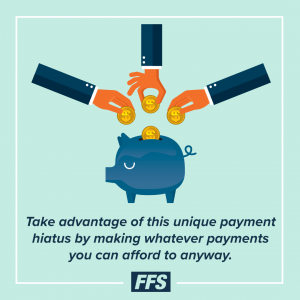 The Perfect Time to Keep Making Payments
The Perfect Time to Keep Making Payments
Take advantage of this unique payment hiatus by making whatever payments you can afford to anyway. This could help you pay down your student loan balance faster, because the full amount of the payment will be applied to the principal balance instead of interest accrued. Ideally, you’re saving money on other expenses like gas, auto insurance, dining out and gym memberships during this time. If it’s within your means, a good idea is to funnel some of what you’re saving in these categories of your budget to pay down your student loans. Now is a unique time to be proactive — take advantage of these provisions while you can and keep your eye on the goal of a fully-paid student loan.
Read our other articles in the Focus on YOUR Money series to get tips on prioritizing debt in a crisis, saving more money with budgeting, and how to improve your credit score.
FFS Agents – share this post with your networks using our resources in the ABO.


